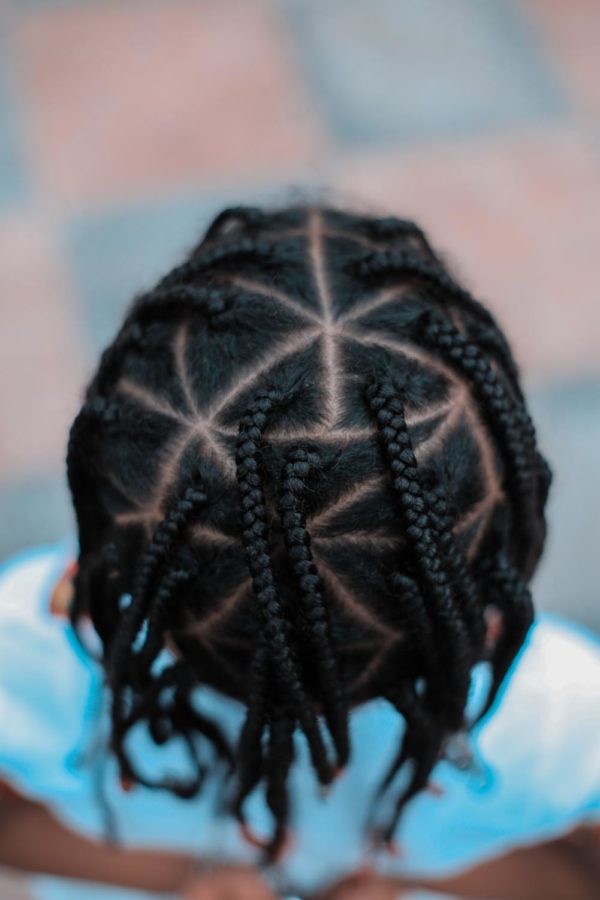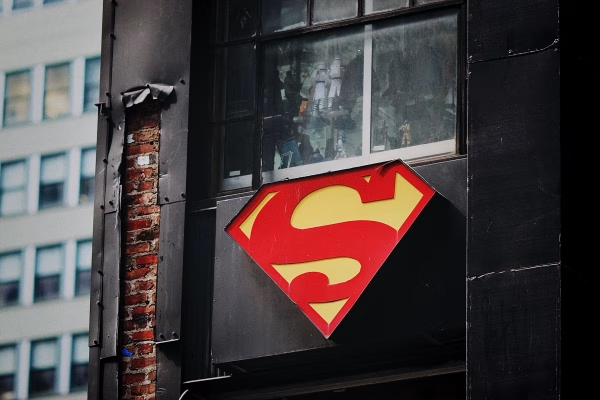What is cultural appropriation?
How cultural appropriation became engrossed into pop culture
“MØ Says Video for Major Lazer’s ‘Lean On’ Was ‘Cultural Appropriation, for Sure’” An article from Billboard reads. Cultural appropriation is an act of doing or wearing something that is significant to a specific group or culture, in a non-respectable way, as in having no prior knowledge of why it’s significant. Many celebrities including Kiley Jenner and more have been called out for this according to the Seventeen article.
Cultural appropriation can range from hairstyles such as braids to costumes or dances that are significant to one’s culture. According to Verywellmind, it can also be seen in music videos, photoshoots, or Instagram photos. For Toromo Funsho, a Nigerian junior at the school, cultural appropriation is a matter of being educated and respectful.
“[Cultural appropriation is] taking aspects of someone else’s culture, without crediting them for that piece that you might have taken,” Funsho said. “There [are] some things just to respect [that] you’re not supposed to do. Of course, there’s cultural appreciation where you could appreciate the culture, but some things are sacred.”
In recent times, cultural appropriation is becoming less and less unseen by the Internet, meaning celebrities nowadays are less likely to get away with it, an example would be Ariana Grande using Japanese characters to promote her music says Seventeen article, However, many wonder if there will ever be an end.
“With the cancel culture, if the person refuses to learn from their mistakes, then it’s really understandable [that they’re being canceled],” Funsho said. “However, many people don’t know that they are culturally appropriating, so I think it’s just a matter of educating people.”
Celebrities like Ariana Grande have received lots of backlash from the internet due to cultural appropriation, fans going as far as leaving the fandom or tweeting at her, and musicians, including Katy Perry and Selena Gomez, have also received backlash for stealing cultures from the Black and Asian community, according to Seventeen. Selena Gomez received black lash for incorporating Indian styles clothing in her “Come and Get It” music video. These celebrities have benefited from this, which Hermla Weldemkel, an Ethiopian junior, believes is unfair.
“[Celebrities] benefit off of cultural appropriation, they get viral[ after doing a trend] because [a lot of] the trends that come off are from black culture,” Weldemkel said. “It makes me feel used, it makes me feel like people don’t like our culture on us, but they like it on others.”
As reported in the Seventeen article, Kim Kardashian and Kylie Jenner, as well as the whole Kardashian family, are celebrities who have been continuously bashed for cultural appropriation of braids and blackfishing. This is not going unnoticed by many students at the school.
“When I think of culture appropriation, my mind immediately goes to the Kardashian family because they’re known for cultural appropriation,” senior Cecilia Fosso said.
The way the Kardashian family is seen for doing these kinds of things is oftentimes very different from how people of color are seen, making cultural appropriation beneficial for celebrities. According to Weldemkel, Celebrities like the Kardashian are, in a way, praised when they take another person’s culture.
“When we do our cultural things like braids, or our dances, or our songs or the things that we usually like doing we’re called ghetto,” Weldemkel said. “We’re called ratchet, but for them, it’s called creative [as if it was a] good thing, the Kardashians are seen as trendy [and] creative.”
Junior Hanna Fisseha thinks celebrities’ cultural appropriation is not a matter of educating but a matter of intentions. To Fisseha, the celebrities’ intentions are clear. She believes that celebrities know what they’re doing when they appropriate someone’s culture.
“I wouldn’t say they’re not aware of it, they definitely know what they’re doing,” Fisseha said.
Cultural appropriation is oftentimes inevitable, but according to GreenHeart, it’s important that people know the differences between appropriation and appreciation, as it can make a big difference in whether or not the internet should cancel them.
“No one’s perfect,” Funsho said. “As long as we’re just trying to learn and grow. I think that’s all that matters.”
For more information on cultural appropriation, check out these resources:
https://www.seventeen.com/celebrity/g22363821/cultural-appropriation-examples-celebrities/
https://www.verywellmind.com/what-is-cultural-appropriation-5070458










